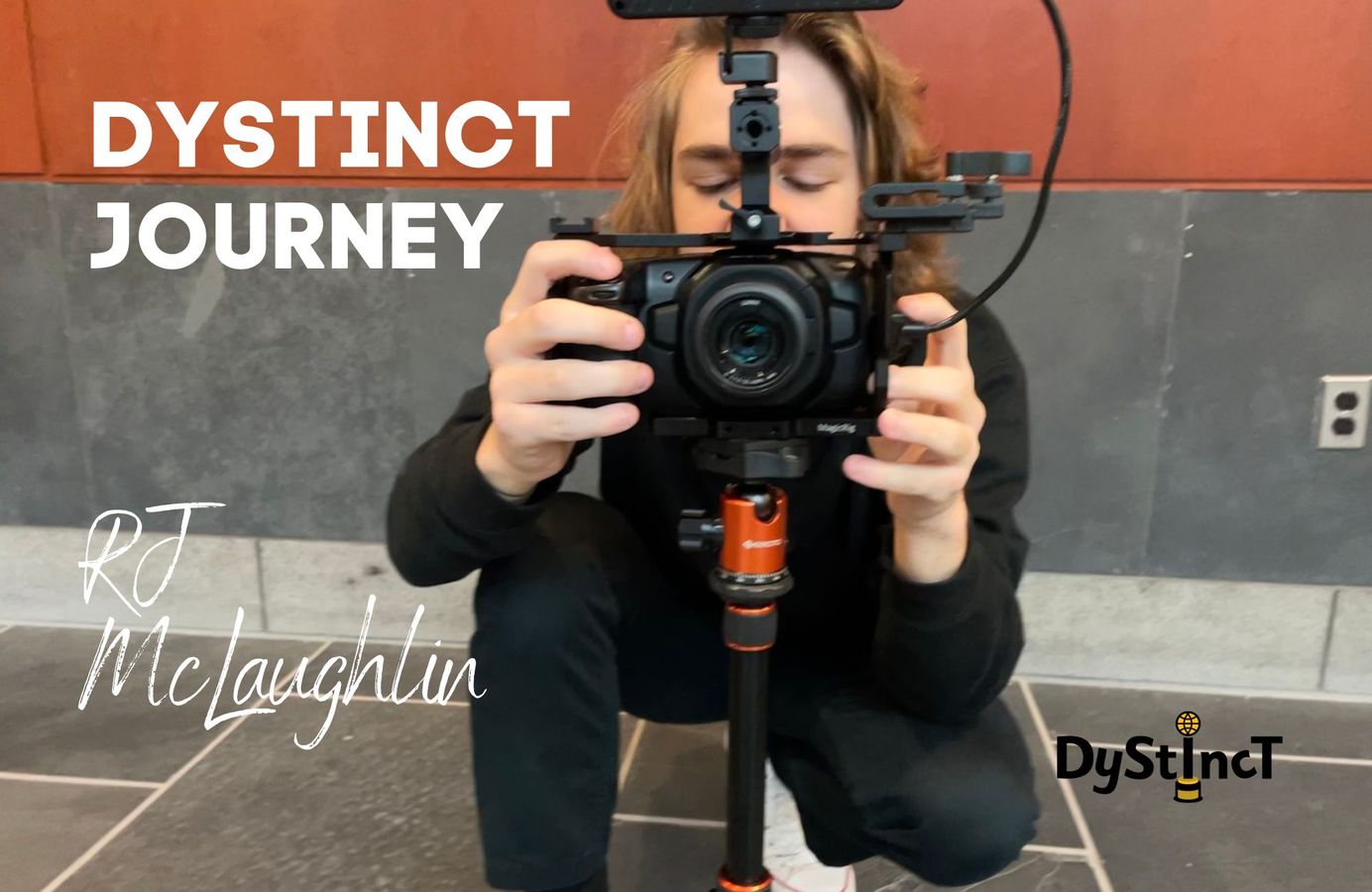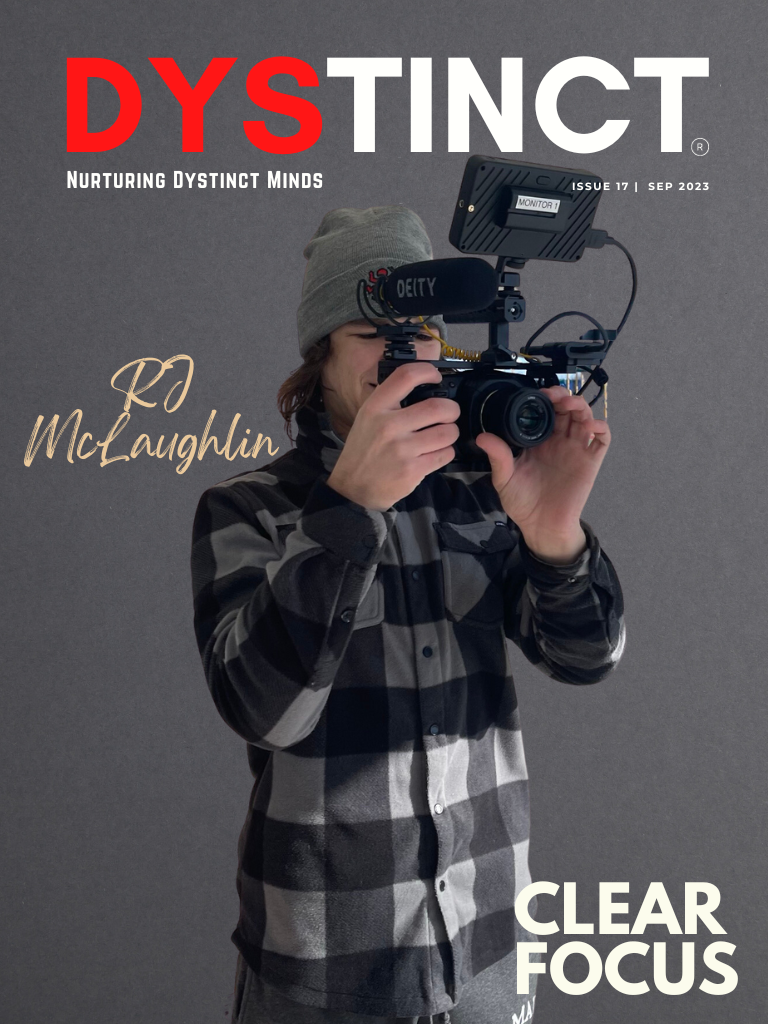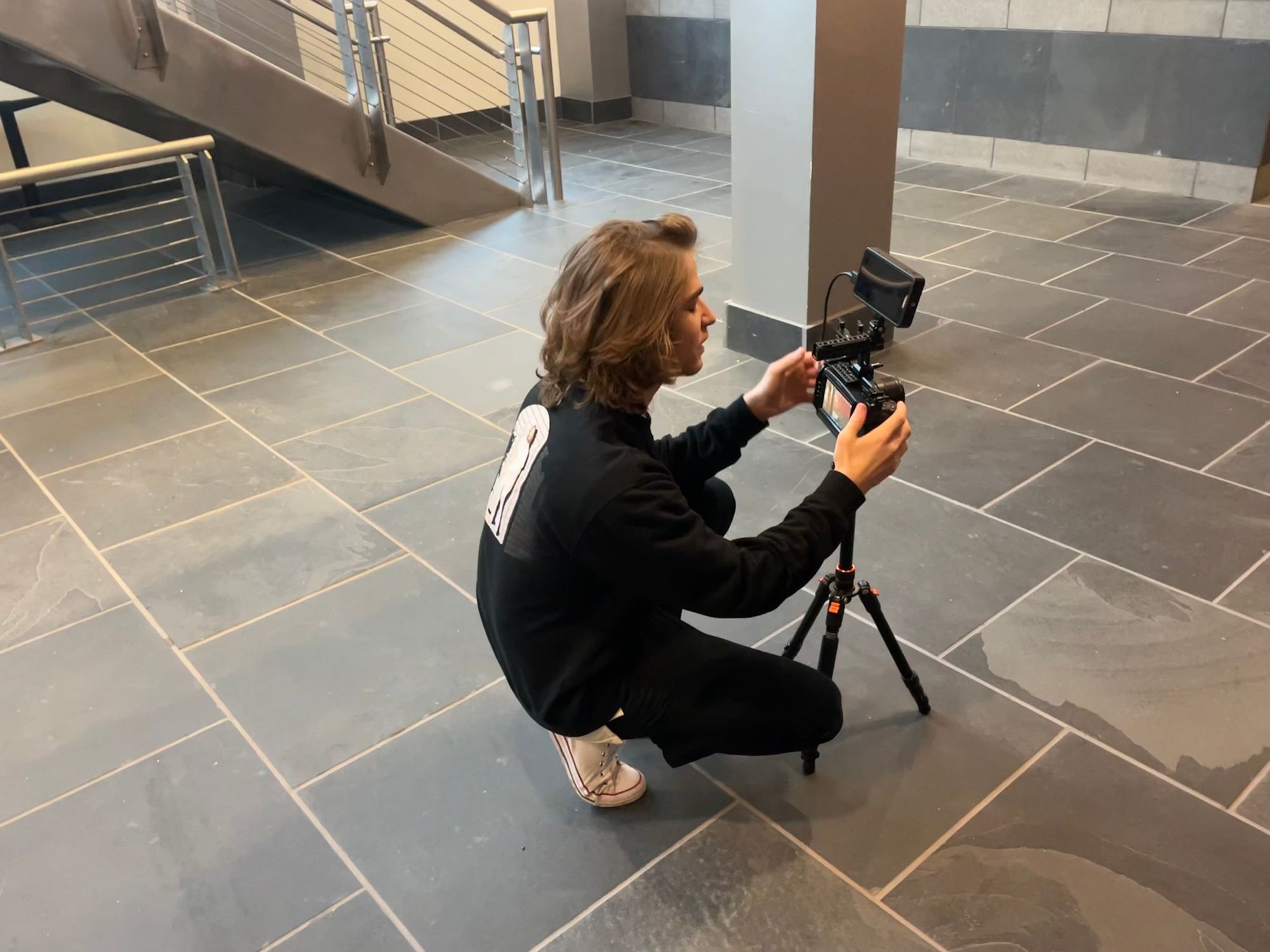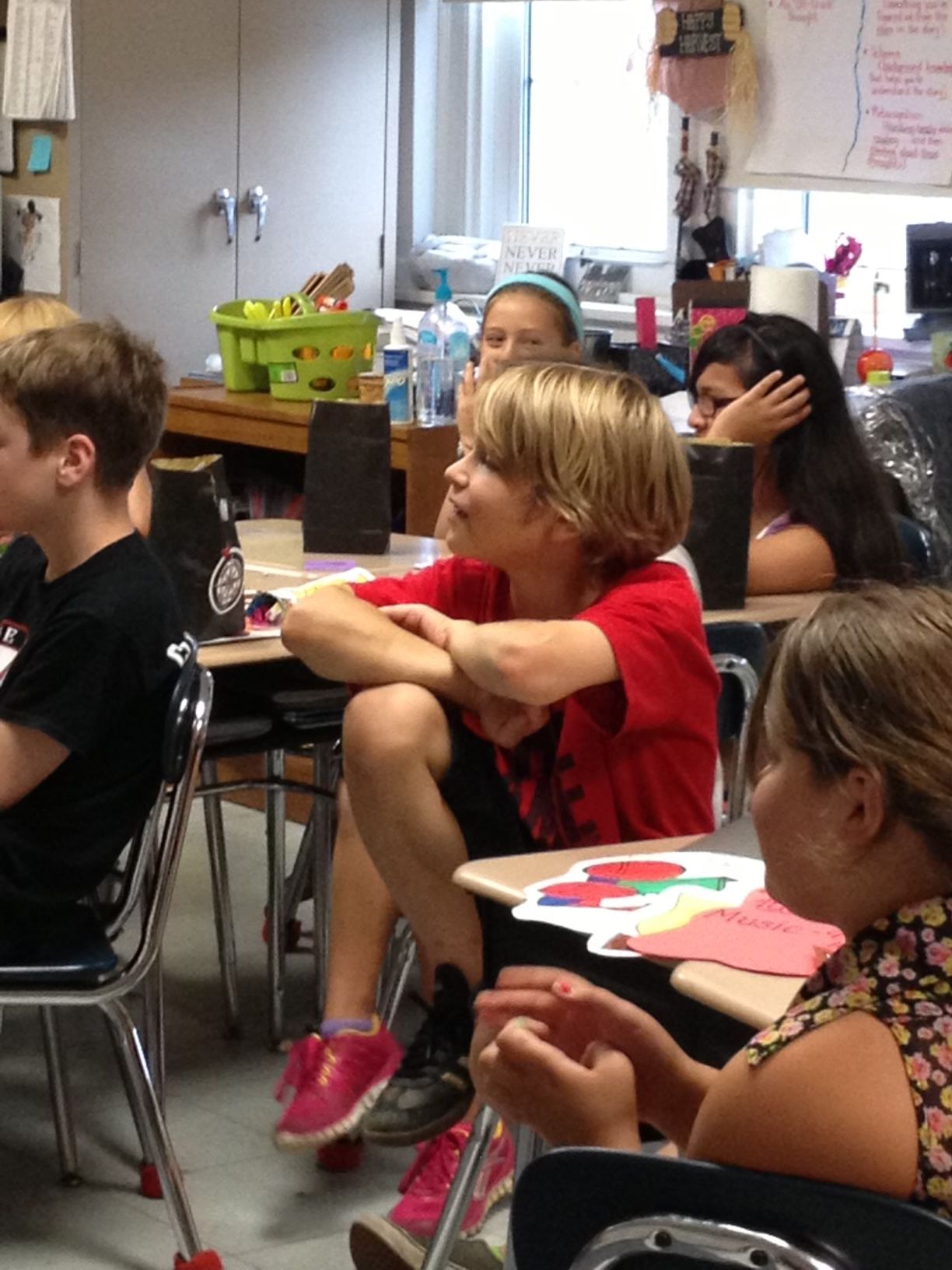
Issue 17: The Dystinct Journey of RJ McLaughlin
The story of RJ, a young videographer who transformed his challenges with dyslexia, OCD, and ADHD into strengths, using them as catalysts to carve a unique path in the world of content creation and storytelling.

To an outsider, videography appears to be a field governed by precision, sharp visuals, and on-point storytelling. However, for RJ McLaughlin, the journey behind each video goes deeper. His diagnosis of dyslexia, OCD, and ADHD could have been seen by many as overwhelming barriers. Instead, for this rising talent, they acted as a catalyst that led him to his passion and purpose in life. With each shot he frames and every video he edits, RJ's narrative is not only about creating visual stories for the world to see but also about overcoming personal challenges and using them as a unique driving force.

The 20-year-old is a passionate content creator and social media influencer pursuing his studies in digital filmmaking at Ramapo College in New Jersey, USA. With his ventures in videography and social media platforms, RJ finds not just a creative outlet but a means to ease some monetary stress he faces as a college student. For him, every like, share, or subscriber isn't just validation of his work; it's a step towards a more secure future. Through it all, his gratitude is evident. "I am in a very fortunate position," he admits, "but it's always good to have as many hands contributing."
Sometimes, the earliest signs of a child's unique way of processing information come from the most innocuous events. For RJ, it was something as simple as his name plaque. In Pre-K, when most kids were learning to scribble their names, RJ returned home with his name written upside down and backwards. It might have seemed like just another childish quirk to an outsider, but for his mum, it was an early indication that RJ might be perceiving and interpreting the world a bit differently than his peers.
In school, RJ faced what his mother termed as the "triple whammy." He was diagnosed not only with dyslexia but also with OCD and ADHD. Particularly during his younger years, the OCD was intensely challenging, necessitating visits to cognitive behavioural therapists. RJ's journey towards understanding his capabilities was initially rooted in confusion. "First grade was the first time I was told something was different," he recalls. Fortunate to have a mother experienced as a case manager who worked closely with children with learning disabilities, RJ had an early advantage. "I majored in special education in college and went on to become an LDT-C (Learning Disability Teacher Consultant) on a Child Study Team, but that did not prepare me for having a child with a reading disability," shares RJ's mum. She kept a close eye on RJ's development during his preschool years and consistently advocated for him and supported him throughout school, a factor he credits for his academic success later.
I majored in special education and went on to become a Learning Disability Teacher Consultant on a Child Study Team, but that did not prepare me for having a child with a reading disability,
While RJ was diagnosed in first grade and benefited from support systems at school, a deeper understanding of his diagnosis dawned on him only somewhat later in life. He was frequently whisked away to the resource room, absenting himself from the regular class sessions for about 40 minutes, particularly during spelling lessons. "Probably in third grade, I started to be told what it was," RJ shares. He reminisces about those days in elementary school when reading bins were categorised from levels 'A to M'. While most kids moved forward, RJ found himself lingering behind, often wondering about the fairness of it all. "I would think to myself, this is so hard. I'm putting in all this effort and barely seeing any progress. Everyone else is on level M, and my friend Cole is already on level Z, but here I am, stuck on level B."

Although he faced questions from his classmates, the environment wasn't hostile or judgmental. He felt comfortable enough to casually mention he was doing a spelling exercise, and then, being the charismatic individual he was, he'd throw in a joke to redirect the conversation. However, the battle RJ was waging was internal. It wasn't the blatant shame we often associate with societal judgment but a subtle self-consciousness about standing out. Though he had a supportive network around him, he knew he was different and that perhaps it was safer to keep some parts of him concealed.
RJ had a unique knack for focusing on his strengths, notably his verbal comprehension and communication skills. This gave him an edge, enabling him to convey and assimilate ideas adeptly. Teachers often noticed his antics in class, labelling him the 'class clown'. He'd engage in playful mischiefs, like undoing paper towel rolls and setting them on the school's air conditioning, drawing laughter from his peers. These humorous escapades weren't just random acts but strategic moves by young RJ; he had figured out that making others laugh was his strength - his coping mechanism.
RJ's innate sociability set him apart from his peers even at a young age. He might share a joke with one group and kick a soccer ball around with another. In the schoolyard's ever-evolving dynamics, RJ had the unique ability to place a "foot in each door", endearing himself to many and ensuring he was never confined to just one circle. RJ took pride in the genuine connections he shared with his schoolmates and his ability to make everyone around him laugh.
However, when doubts crept in, RJ would remind himself of his unique gifts - No one could make his peers laugh the way he could. He also possessed exceptional skills and coping mechanisms that were distinctively his own. "If I master this, I won't just be on grade level; I'll also have all these additional skills I've developed over the years," he rationalised. With determination, RJ decided, "If I'm going to get this, I'll truly grasp it." His goal was to be on grade level, and with focus and lots of help from his mum and sister, he did achieve it.
I wanted to be on grade level. So, I just put my head down and went for it, Once I was there, I was happy.
RJ's mother played an instrumental role in ensuring he caught up academically. After being diagnosed and medicated for ADHD in fourth grade, the time post-school became pivotal for RJ's learning. His mother incorporated game-based learning methodologies that not only made his studies engaging but also less daunting. Rj’s after-school extracurricular activities, like jujitsu, made his summer breaks a season of intense academic focus. His mother utilised this time to help him bridge any gaps in his learning. The agenda was clear: to bring RJ back to speed with his peers.
This post is for paying subscribers only
SubscribeAlready have an account? Log in


